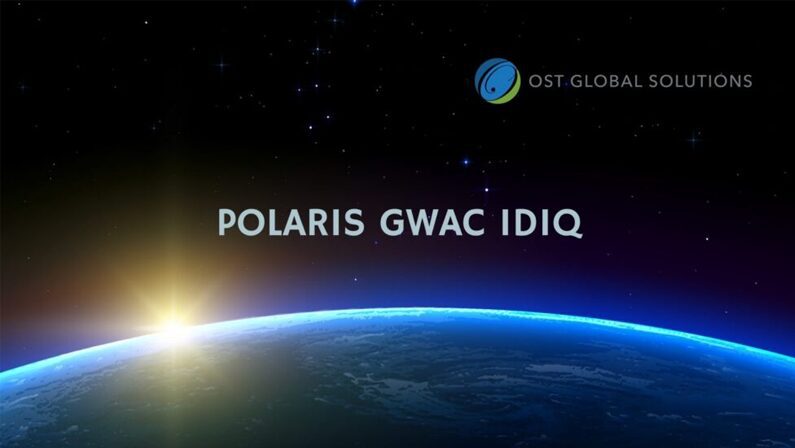With summer half over, it’s time for those in the Information Technology industry to begin preparing their scorecards and supporting documentation in anticipation of the next large Government-Wide Acquisition Contract (GWAC): GSA’s Polaris. GSA plans to release the final RFP in the fall of 2021, and offerors should expect a quick turnaround. The agency already issued a draft RFP and scorecard (see M.6 in the draft RFP) to help businesses prepare their proposals ahead of time.
Based on the draft RFP, GSA will use the scorecard element of the Polaris proposal to eliminate the lower scoring contractors. Additionally, the Relevant Experience and Past Performance will account for more than 70% of an offeror’s score. This approach is similar to the ongoing Health IT-related opportunity Chief Information Officer-Solutions and Partners 4 (CIO-SP4), a GWAC issued in late May by the National Institutes of Health Information Technology Acquisition and Assessment Center (NITAAC).
As bidders on CIO-SP4 now know, it is critical to prepare a draft scorecard ahead of time with teaming partners, if necessary. NITAAC issued amendment after amendment, allowing — and then disallowing — past performance points from teaming partners that bidders were depending on to maximize their score. The lesson learned in preparation for Polaris is to be prepared with multiple examples of corporate experience and, if possible, a deep bench of vetted teammates to fill gaps. NITAAC issued nine amendments for CIO-SP4, including significant changes to teaming partner arrangements and the supporting documentation required to prove corporate experience and teaming relationships.
The best way to avoid getting knocked out of contention by an RFP amendment is to prepare as much as possible and cover all of your bases. This includes giving yourself enough time to perform a gap analysis, review teaming decisions, and draft past performance narratives if your current write-ups are weak or focused incorrectly.
Small businesses will have to be very selective with their partners for Polaris. Bidders will propose past performance projects that align to the following Performance Areas:
- Cloud Services
- Cybersecurity
- Data Management
- Information and Communications Technology
- IT Operations and Maintenance
- Software Development
- System Design
- Ancillary Support: Services, Supplies, and Construction
Small businesses can also offer past performance projects for the Emerging Technologies Performance Areas:
- Advanced and Quantum Computing
- Artificial intelligence (AI)
- Automation Technology
- Distributed Ledger Technology (DLT)
- Edge Computing
- Immersive Technology
But there’s a catch. Bidders are limited to a total of seven, distinct past performance projects, and they will receive extra points for:
- Project value is within any of the following levels:
- Project Value is greater than or equal to $2 Million but less than $5 Million
- Project Value is greater than or equal to $5 Million but less than $15 Million
- Project Value is greater than or equal to $15 Million
- Projects Demonstrating Experience with Multiple Federal Government Customers
- Project is a Cost-Reimbursement Contract
- Project is a Task Order Award Against a Multiple-Award IDIQ Contract
- Project in an OCONUS Location
- Project with Subcontracting
- Project including Cloud Services
- Project including Cybersecurity Services
- Project’s Breadth of Primary Relevant Experience Performance Areas (extra points if your project includes 2 or more Performance Areas)
OST Global Solutions is here to help maximize your score on your Polaris bid. We will help you develop a draft scorecard, perform a gap analysis to ensure that you make the cut-off score, and find ways to help you out-distance your competition. We will help evaluate strategies for teaming partners, perform capture to develop your win strategy, and prepare a compelling and compliant proposal. No matter how much assistance you require, we’re here to help.
Contact us to learn more.

